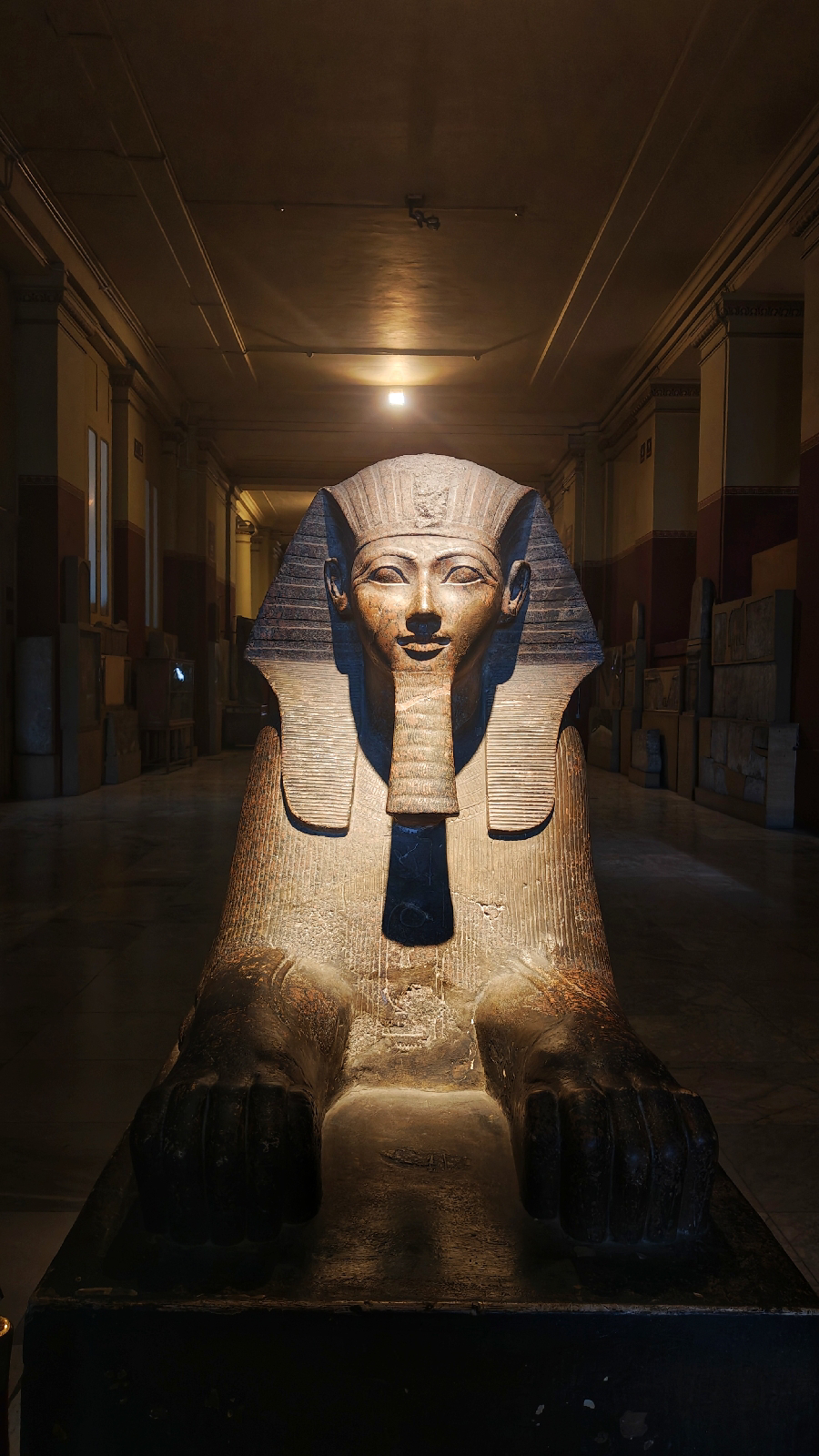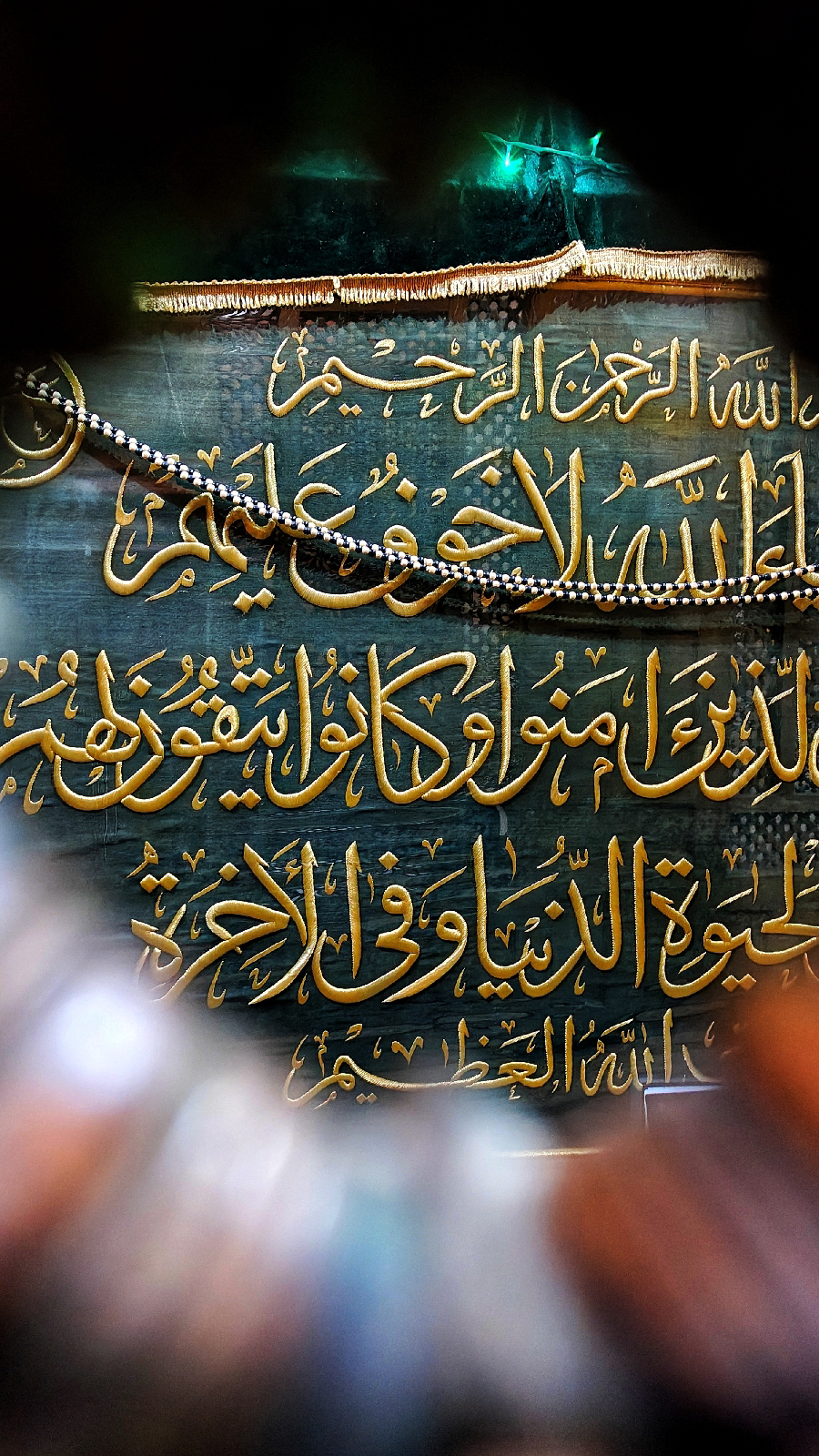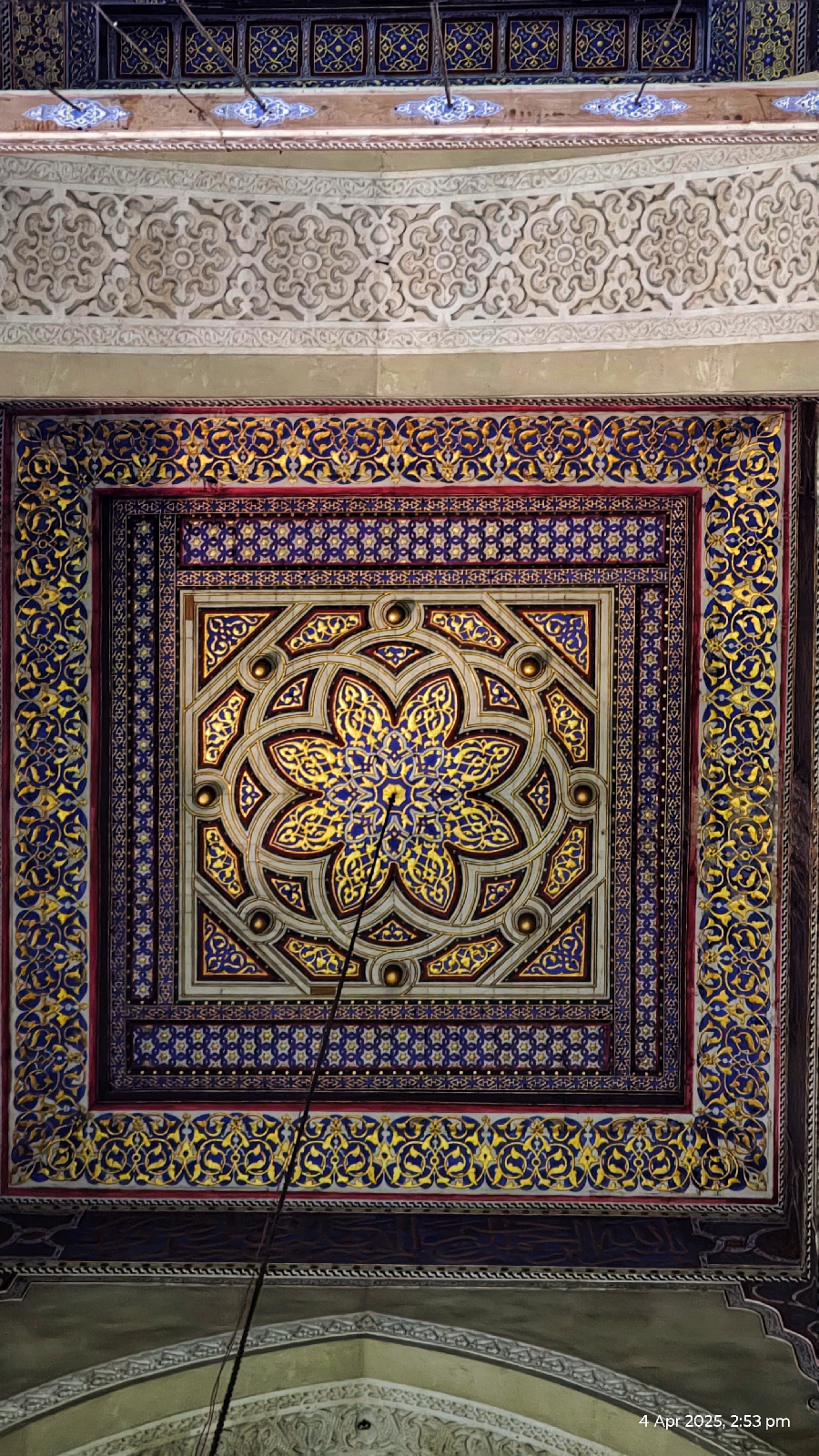Thursday, 15 May 2025
Renault Bright Creatures - Book Review
Sunday, 11 May 2025
Finding me: A Memoir by Viola Davis - Book Review
Friday, 2 May 2025
Why we read
Words are sneaky little things.
Written by someone,
read by someone else.
The writer could have had a life completely different from ours,
Or exactly the same.
We could be years apart,
May not even live in the same century.
Maybe it's written in one language,
And I've read it in another.
None of that will matter.
Because words transcend time, distance, gender, sex, class, all sorts of divides.
When you read something and you resonate with it,
You're connected directly to the writer's soul,
their innermost essence,
from where the words came.
For those moments, you're one.
And you're understood,
made less lonely by someone you've
probably never even met.
I guess music does this too,
so do the arts.
This is why we need them.
They're a conduit between people.
It's a higher something we can tap into,
Searching for someone who felt like us,
So we can feel like we belong.
Even if no one else now gets it,
This author from 1875 does.
- Gaythri Madhavann
02 May 2025
Friday, 25 April 2025
Homecoming with a stop in Cairo
It was early. I was going on the morning watch after almost 6 weeks. The Chief Officer's watch is usually between 4 and 8 in the mornings and evenings and I hadn't slept well the previous night. When I got the call at 3.30am, I felt the main engine vibrating down below which meant we were already picking up anchor and moving towards the Suez Canal. We were scheduled to transit the canal that day and I was going to sign off when we exited the canal after 12 hours, at Port Suez. The ship would go on after that without me, to load at Yanbu, Saudi Arabia. I dressed up and went on the bridge, spent my watch understudying the Captain who was manoeuvring to bring the ship into the convoy. My last watch on the bridge, I got to see the sun come up, it was my sign off day!
(My ship transiting the Suez Canal)Like every other seafarer, I am usually very happy and excited to go home upon completing my contract. But I also always have a funny feeling leaving the ship because it's hard leaving behind the place and people that were my home for so many months. That would mean this particular chapter of my life is over and I'm never getting it back. All the good and bad things that happened on this ship, all the stuff I learnt, all the people I met, all the memories I made will remain here in a closed box and I'll never get to see any of it again. Even if I came back to the same ship later (which I have, this is my 3rd contract on Larissa) it won't be with the same people, the ship would've changed, I would've changed, nothing will be the same. I will just have to take one last picture of it all in my mind and leave the original behind.
I'd packed my bags, gotten my hair french braided, checked all the cupboards and drawers in my room several times. I was ready to go home. Teary goodbyes were said, jokes were cracked. When I was on the gangway walking down, I couldn't help but feel so disheartened leaving my ship and crew behind. I blinked my tears, touched my beautiful Larissa one last time and jumped into the boat. It was still bright out when we finished immigration and started driving towards Cairo. My flight was scheduled for late PM the next day so I got one whole day to sightsee this historical city.
We were pretty wiped when we reached the hotel but the excitement of getting to visit Cairo was tingling inside me. The agent who received us at the hotel lobby also offered his services as a tour guide for the following day. He listed out what all were must-do activities for tourists. I had a different plan, I had already visited the Pyramids in 2013 and wanted to focus on other places like the Egyptian Museum, some beautiful mosques in Islamic Cairo, a local market, ofcourse interspersed with meals of local food. He was surprised listening to my plan and gave me an estimate of so-and-so dollars. I told him that will not work out because I was expecting to pay only half that price. I told him he should get going and that I will find my own way around, I knew Cairo had Uber. He was not ready to leave, after a few minutes of back and forth he actually agreed to half his original price + 10$ and we were set to start at 8am the next day. He offered to throw in the Pyramids with it, which I kept saying no to because I'd already seen them. But he insisted it was important to see the Pyramids and even promised me we had enough time to do everything I wanted to, before my flight. Later, when I told my Chief Engineer at dinner (who had also signed off with me but was flying early next morning), he was surprised to hear the price drop to half. We talked about how Captain had told us whatever price they offer you in Egypt, you counter it with half the amount. Even though that's not what I did, my criteria in setting the price was based on my considerable research. I'm not one to rip people off, I am more than happy to pay tourist prices, however I research because I don't want to be extorted. I'm not rude to the vendors either, I just politely decline if the prices are not suitable for me and walk away. However I kept finding through the course of the trip, that Captain's thumb rule kind of did the trick if you're someone who doesn't want to do all that extra work I did.
The driver had asked me if I would be on time or if I follow "Indian time". He told me all the Indians he has driven before have always been late by atleast 10-15 mins. The next morning I was at the lobby at 7.45am waiting for my driver who showed up at 7.55am hoping to catch me coming in late. The surprise on his face was satisfying!
We started towards Giza Necropolis or Giza-the city of the dead, where the massive Pyramids are. It was quite a drive and I kept asking my driver if we'd be able to complete my itinerary, I was more than happy to skip the Pyramids if we were going to be short on time. But he reassured me we'll be fine. He showed me a lot of sites on the way (which I made notes of, to visit the next time I was lucky enough to get a chance in this gorgeous city) and we talked about Cairo and Egypt in general, the weather, the politics. He told me about his family and answered my many questions about his beautiful country. On the way, he stopped for me to spend a moment looking at the majestic Nile.
Later when we reached the Necropolis, it felt like I had entered a time capsule. Giza was exactly as I had remembered it from 12 years ago, even though Cairo had changed a lot. There were a lot more buildings, more development and the roads were better in Cairo, but not Giza. Giza was preserved as it was. He took me to a tour organizer and again, the price was atleast 3 times what I was willing to pay, so again I was ready to leave. They negotiated with me until we settled at halfway. I was quietly worrying that I had not budgeted to visit the Pyramids, especially not at this price. This was kind of blowing my budget. Fortunately I had no space in my luggage to do any shopping, so I could try to pinch my fingers and still make it.
I had a very talkative coachman-I chose a horse carriage this time because I had already done the camel ride before. If you have the time and energy one could also walk their way to all the Pyramids and the Sphinx, the roads are great and it's not a difficult hike- He engaged me the entire time with questions and compliments. I have to come to understand this is how they make their tips. Although the tour organizer had already charged me for the horse carriage (what else is there to pay for, other than the entry ticket?) the coachman at the end still coerced me into paying him separately. After that he took me to a perfumery where the "Doctor" who runs the place also coerced me into buying something (overpriced) and I gave in because I really needed to use their washroom.
After the Pyramids, my driver took me to a "Papyrus museum" where I learnt how they made papyrus on which all this wonderful history and many ancient paintings have been preserved. I bought this beautiful painting "Judgement of the Dead" which depicts the process of how in Egyptian mythology, the soul of a dead person is brought to judgement and how it is decided whether the soul is allowed to cross the field of reeds over to eternal bliss or cursed to eternal damnation. I particularly loved the idea of how they weigh the dead person's heart (soul) against a feather. If the feather tipped the scales, eternal bliss. If your heart is heavy with guilt or regret, then the monster God Ammut would devour your soul and it would cease to exist. Here, again my driver told me I don't have to buy if I didn't want to, but again tourist guilt led me to buy something. I was starting to see the pattern on how they deceived me into paying for things. I had read a lot about the sly ways in which Egyptians lure their tourists and trap them into spending money. I honestly thought I would be spared it because I had carefully chosen my agent as my driver and he seemed trustworthy. I was naive, okay? Now my ears were perked up and I was not going to fall for another one of these unplanned stops and pushes for activities from anyone. My driver asked me if I wanted to go visit a "mall" where "shopping was cheap and authentic", I declined SO sternly so many times he didn't try again.
(The top row shows 14 deities who account for all the deeds done in one's lifetime)We went next to the Egyptian Museum and it was already lunch time. That's one thing about the Pyramids, it is a half-a-day activity at the very least. Time consuming and expensive. However if it is your first time in Egypt, it is a DO NOT MISS. It is one of the most spectacular monuments I have had the pleasure to see and touch in person. Must must must see atleast once in your lifetime if you have the chance. Even though I hated spending money on it again, this time around I got to videocall my family from there and share those moments with them. Their excitement and happiness rubbed off on me making it a special experience. That's something I couldn't do 12 years ago. At the Egyptian Museum, I was mesmerized by everything. I'm a proper history nerd and the museum was hitting all the spots for me. I learnt so much and wished I had more time in Cairo- I would've loved to visit this museum in parts, without feeling overloaded with information and given each section it's due respect. Like everyone else, the sarcophagi and the mummies were what drew me here and *drumroll* the King Tut Ankh Amun's exhibit. I kept chanting King Tut's name so much onboard once sign off news came, everyone wanted to see pictures of my happy face when I finally got to see the exhibit, hahaha!
 King Tut is one among two of the most popular Pharaohs in Egyptian history so he draws the crowds in this museum. His mummy was discovered over a century ago very well preserved, untouched with lavish coffins of gold, loaded with gems and jewels and the stunning golden death mask that quite literally put Egypt on the map. We were not allowed to take pictures inside the Tutankhamun exhibit. Like so many other tourists, I just stood in front of the displays starry-eyed staring at each intricate carving and design. The sheer opulence and grandeur in there had me flat. The extravagance in his burial jewels and attire is something that needs to be seen to be truly felt. There were so many great exhibits in the museum. Some displays that particularly impressed me were the statue of Ka-aper, head of Queen Hatshepsut, the Chapel of Hathor which is preserved in an unbelievable condition, the tombs with the false doors, the golden throne of King Tut with its stunning engravings, the sarcophagi and mummies of Yuya and Thuya, the many many jewelry displays, I really couldn't get enough. The symbolism, engineering and architectural marvels of ancient Egypt showcased in the museum were truly riveting. I had waited a looooong time to visit that place and I savoured my every minute.
King Tut is one among two of the most popular Pharaohs in Egyptian history so he draws the crowds in this museum. His mummy was discovered over a century ago very well preserved, untouched with lavish coffins of gold, loaded with gems and jewels and the stunning golden death mask that quite literally put Egypt on the map. We were not allowed to take pictures inside the Tutankhamun exhibit. Like so many other tourists, I just stood in front of the displays starry-eyed staring at each intricate carving and design. The sheer opulence and grandeur in there had me flat. The extravagance in his burial jewels and attire is something that needs to be seen to be truly felt. There were so many great exhibits in the museum. Some displays that particularly impressed me were the statue of Ka-aper, head of Queen Hatshepsut, the Chapel of Hathor which is preserved in an unbelievable condition, the tombs with the false doors, the golden throne of King Tut with its stunning engravings, the sarcophagi and mummies of Yuya and Thuya, the many many jewelry displays, I really couldn't get enough. The symbolism, engineering and architectural marvels of ancient Egypt showcased in the museum were truly riveting. I had waited a looooong time to visit that place and I savoured my every minute.I was just out of the museum, with my mind still in the golden age of the Pharaohs when my driver asked me if I wanted to have lunch at the hotel I was staying at. Although the buffet my hotel would have had for lunch was tempting to think about, the logistics didn't seem practical to me. So I said we'll pick something up on the way. But he kept insisting on it. He even mentioned that he'd drive by the mosques (the ones I wanted to see) to take pictures from the outside, that way he can drop me off at the hotel and finish our trip. I was thoroughly confused. We had just begun exploring. I had barely finished one item off my list and he was already eager to send me back? After about 20 minutes of arguing and confrontation, he came clean about having acquired another customer who requested his services in the early evening. I told him but you're already with me, how is this going to work? He expected me to either feel pity or get intimidated, and back out. He tried all his tricks- he begged me, tried to reason and bargain with me. He told me the traffic would be maddening if we pursued the mosques and the market. I told him I have all the time in the world. He told me he won't find parking and I told him I'll be completely fine walking on my own, he can drop me anywhere closeby and take a lap, while I visit the mosques and later the market. He even suggested I cancel my flight and extend my stay so I can go there tomorrow. I was completely stubborn and very hangry, I caused a scene- there were raised voices. He then gave up and agreed to continue with my itinerary.
We reached the mosques (surprise surprise no traffic, parking available right out front) and he actually offered to go in with me as my escort as he thought it was unsafe for me to go on my own. He told me he really wanted to make it to the next tour which is why he tried cutting our tour short. But now that we're here, he didn't want me to feel rushed or alone. He even explained some of the historical significance of the mausoleums to me since there were no guides. The Al-Rifa'i mosque was spectacular with its tall arches, cavernous domes decorated with gold, the glass windows, the wood work, the stone work, everything. I couldn't visit sections of the Sultan Hassan Madrasa, as it was prayer time.























